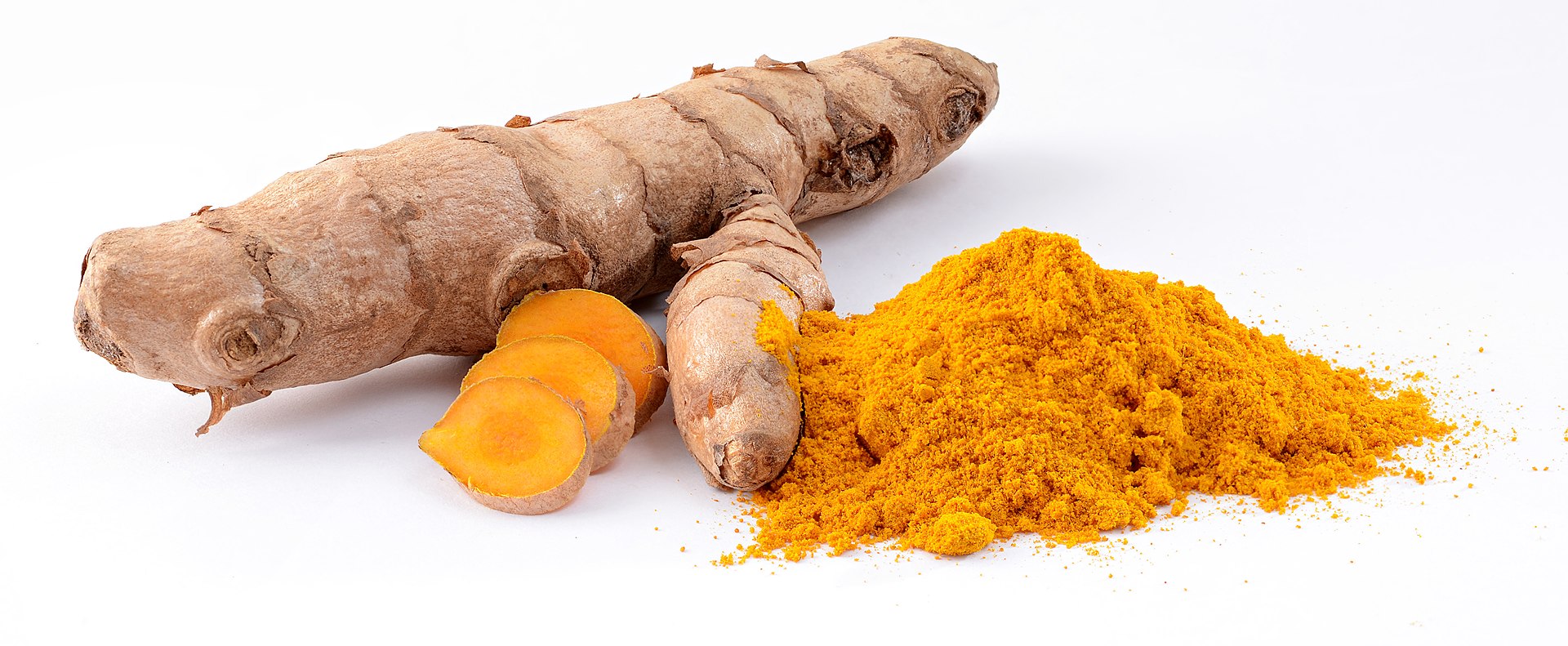Liputan6.com, Jakarta – Food Safety and Nutrition Expert from the Bogor Agricultural Institute (IPB), Professor Ahmad Sulaeman, explains that kecombrang (torch ginger) and turmeric may play a role in reducing cholesterol levels in the body. According to him, kecombrang, rich in antioxidants, has the ability to combat free radicals that can damage the body’s cells.
“These free radicals can oxidize fats in the body, including cholesterol, which can subsequently pose health risks. The oxidation process of cholesterol can lead to various health problems, ranging from diabetes to heart disease,” said Prof. Sulaeman in an interview with Health Liputan6.com in Banyuwangi recently.
He further explained that the antioxidants in kecombrang work to prevent damage caused by free radicals. This means that, in addition to its benefits in lowering cholesterol, kecombrang also helps protect the body from diseases associated with inflammation and cellular damage.
However, Prof. Sulaeman advised against relying solely on kecombrang as a singular solution. Kecombrang should ideally be consumed as an ingredient in seasonings or beverages rather than as a primary food item consumed in excess.

Can Turmeric Treat High Cholesterol?
In addition to kecombrang, turmeric is also known as an effective herb for reducing cholesterol. Prof. Sulaeman explained that turmeric has a mechanism scientifically proven to convert cholesterol into other components more beneficial for the body, such as bile acids.
“By converting cholesterol into bile acids, the level of cholesterol in the blood decreases,” Prof. Sulaeman noted.
He also mentioned that turmeric can assist the body in producing essential hormones, such as testosterone and vitamin D, which are vital for maintaining health.
What Happens if Cholesterol is Left Uncontrolled?
Cholesterol is a fatty substance essential to our bodies. However, if excessive, it can lead to serious health issues. When cholesterol accumulates in the blood and is not promptly converted into other useful components, its impact can be detrimental.
Prof. Sulaeman explained that cholesterol buildup in the blood could lead to arterial calcification. This process causes the thickening and narrowing of the arteries, which impedes healthy blood flow. Consequently, blood pressure may increase, triggering hypertension, which, in turn, raises the risk of heart attacks and strokes.
Thus, it is important to manage cholesterol levels in the body promptly. One approach to prevent cholesterol buildup is to expedite its conversion into other beneficial components, such as hormones or vitamins.
“Drinks containing kecombrang are often accompanied by sugar and other ingredients, so their consumption should still be managed wisely,”

Prof. Dr. Ir. Ahmad Sulaeman, MS.
IPB’s Professor of Food and NutritionSafety
How to Lower Cholesterol Quickly
Lowering cholesterol is not a difficult task if one understands the methods. Another effective way to reduce cholesterol is by increasing the intake of high-fiber foods. Fiber works to reduce cholesterol absorption in the body. Even if you enjoy consuming high-cholesterol foods, the body can still process them more effectively.
Therefore, it is important to add more fiber-rich foods, such as fruits, vegetables, and whole grains, into your daily diet. Alongside fiber-rich foods, natural ingredients like kecombrang and turmeric can also be beneficial.
Kecombrang, with its high antioxidant content, can help combat fatigue and protect the body from cellular damage. Meanwhile, turmeric, with its curcumin content, has been proven to aid in lowering cholesterol and maintaining heart health.

Sources of Cholesterol in the Body
According to Prof. Sulaeman, cholesterol in the body comes from two sources: endogenous (produced by the body) and exogenous (obtained from food). “Cholesterol derived from food should be immediately converted into other beneficial components rather than allowed to accumulate in the blood vessels,” he stated.
If excessive cholesterol is not managed properly, the risk of fat buildup in the blood vessels increases, potentially leading to various cardiovascular diseases.
Writers: Aditya Eka Prawira, Benedikta Desideria
Editor, Translator: AHN

Leave a Reply